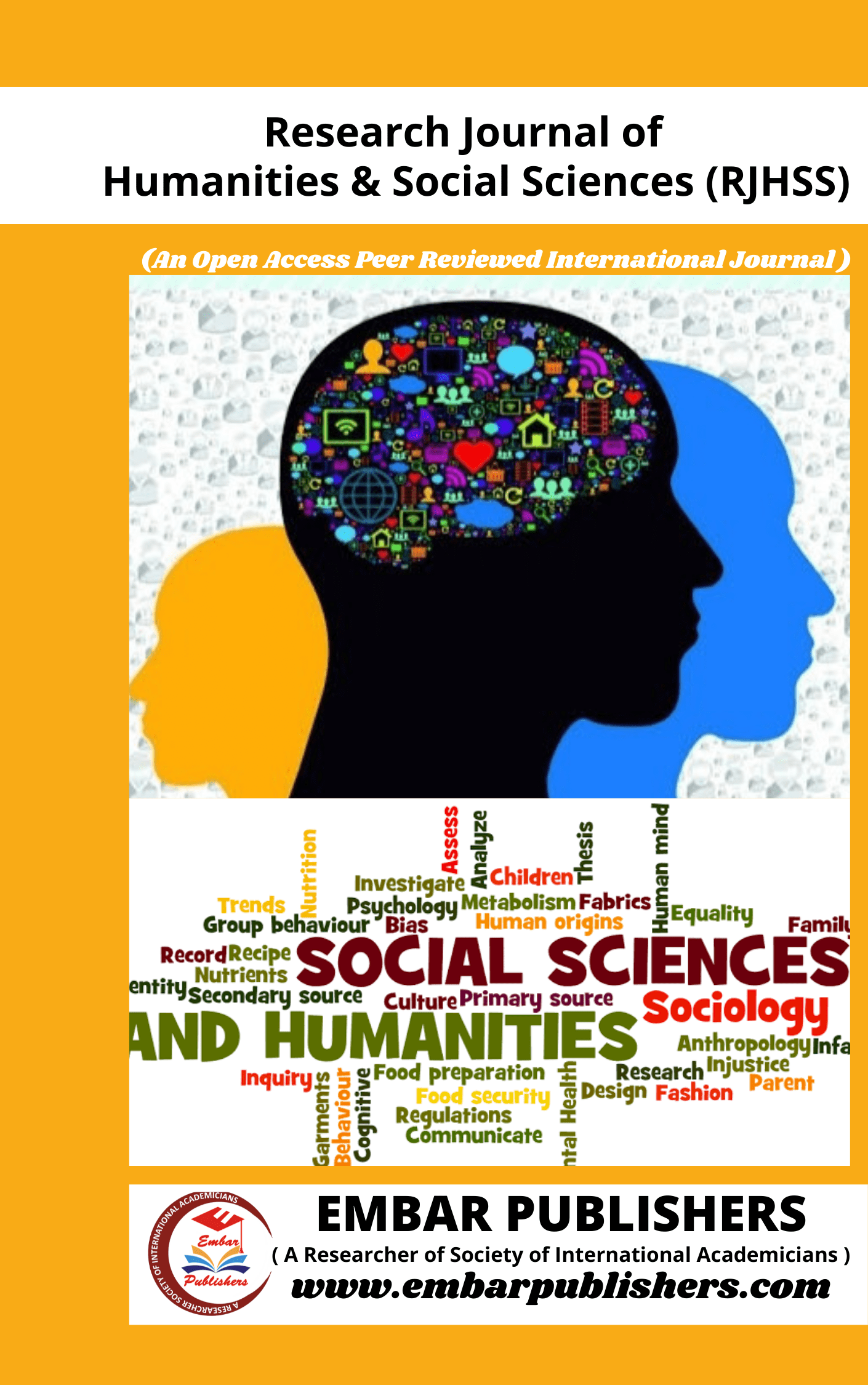
The Concept of Divine Providence in the Face of Suffering
Osagie Slyvester Aimiehinor
Faculty, school of ministry, Diocese of Benin
DOI: doi.org/10.58924/rjhss.v4.iss4.p8
Published Date: 19-Aug, 2025
Keywords: Keywords: Divine providence, suffering, theodicy, theology, providential care, spiritual meaning
Abstract:
Abstract: the perennial question of suffering in a world governed by an allegedly benevolent and omnipotent deity has long challenged theologians, philosophers, and believers. This paper explores the concept of divine providence in the context of human suffering, examining key theological frameworks, biblical narratives, and philosophical discourses. It argues that while divine providence does not negate the reality of suffering, it provides a lens through which suffering acquires meaning, purpose, and potential for spiritual transformation. The study integrates classical theological thought with contemporary reflections, offering a nuanced understanding of providence that honors both divine sovereignty and human experience
References:
1. Aquinas, T. (1947).Summa Theologica (Fathers of the English Dominican Province, Trans.). Benziger Bros.
2. Augustine. (1991). The City of God (H. Bettenson, Trans.). Penguin Books.
3. Bavinck, H. (2004). Reformed Dogmatics: God and Creation (Vol. 2).Baker Academic.
4. Calvin, J. (2008). Institutes of the Christian Religion (H. Beveridge, Trans.).Hendrickson. Helm, P. (1994).Eternal God: A Study of God Without Time. Oxford University Press. Hick, J. (1966).Evil and the God of Love. Macmillan.
5. Grudem, W. (2020).Systematic Theology: An Introduction to Biblical Doctrine (2nd ed.). Zondervan Academic.
6. Hick, J. (1966).Evil and the God of Love. Macmillan.
7. Julian of Norwich.(1998). Revelations of Divine Love (E. Spearing, Trans.).Penguin Classics. (Original work published ca. 1395)
8. Moltmann, J. (1993). The Crucified God: The Cross of Christ as the Foundation and Criticism of Christian Theology (R. A. Wilson & J. Bowden, Trans.). Fortress Press.
9. Plantinga, A. (1974). God, Freedom, and Evil.Eerdmans.
10. Ricoeur, P. (1970). Freud and Philosophy: An Essay on Interpretation (D. Savage, Trans.). Yale University Press.
11. Rowe, W. L. (1979). The problem of evil and some varieties of atheism.American Philosophical Quarterly, 16(4), 335–341.
17. Negi BS. The Impact of Teacher Training on the Use of Digital Technologies in English Language Teaching and Learning. Research Journal of Humanities and Social Sciences. 2025 Feb 26;4(1):1 DOI: doi.org/10.58924/rjhss.v4.iss1.p3
15. Singh S. Development of International Regimes for Child Rights. Res J Hum Soc Sci. 2025 Aug 06; 4(4):11-21. DOI: doi.org/10.58924/rjhss.v4.iss4.p2
12. Ten Boom, C. (1971). The Hiding Place.Bantam Books.
14. Wolterstorff, N. (1987). Lament for a Son.Eerdmans.

ISSN(Online): 2945-3968
Publisher: Embar Publishers
Frequency: Bi-Monthly
Chief Editor: Dr N.L.N Jayanthi
Language: English
